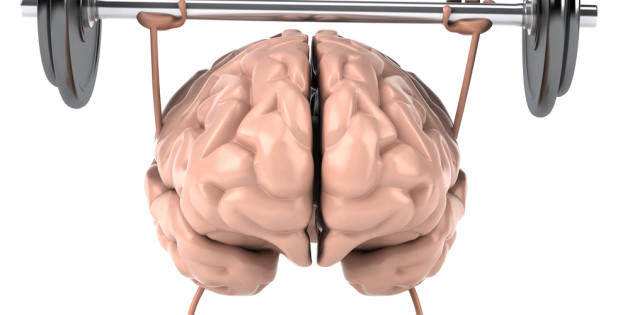There has never been a time in the history of the human race that our brains have needed to perform as optimally as they need to today. A combination of the increase in perceived stressors, rapid acceleration of technology and our ‘always on, always connected’ world means our brains feel fried with stress and exhausted on a regular basis.
Advances in Neuroscience have given us a deeper understanding of how our brains work and we now know that key practices, strategies, routines and technologies e.g. flow, brain entrainment and Neurofeedback to name a few, can increase our mental performance and productivity by anything up to 500%.
If, however, you’re simply looking for a moderate boost in your brain’s performance and resilience, here are 4 easy to implement strategies that will rapidly make a noticeable difference.
Disengage
Many people make the mistake of focusing for too long on solving a particular problem. Invariably they become exhausted and frustrated as the solution seems to evade them.
Stepping back and disengaging enables your brain to calm down and recover. Research shows that staring out of the window at nature or doing something physical like walking round the block or washing the dishes, not only restores your cognitive function but will often enable your sub conscious mind to achieve the break through that your focused mind failed to.
Get Physical
The same principle that applies to our muscles applies to our brain – use it or lose it. Exercise benefits the brain in numerous ways. It increases our heart rate consequently pumping more oxygen to the brain. It stimulates the release of hormones which are essential for the for the healthy growth of brain cells.
Furthermore, exercise increases brain plasticity by stimulating growth of new connections between cells. Studies have also show than exercise reduces stress and has an antidepressant effect.
And it doesn’t take much exercise to produce noticeable benefits. Even a few minutes a day of moderate exercise can lead to an immediate increase in your performance and productivity for several hours afterwards. We are more alert and more able to focus.
Connect
While there is a significant cognitive downside to being continually digitally connected, research overwhelmingly demonstrates that for the vast majority of us our social connections are critical for good mental health. Social connections are at the core of primate life.
People with poor social networks are more prone to mental illness (McGuire & Raleigh, 1986). In 2008 research by Ybarra demonstrated that showing that socializing had equivalent benefits for brain function as mental exercises. Ideally maintain those social connections by meeting your friends and family, but even a short call gives your brain a boost.
Sleep
A consistent lack of good sleep wreaks havoc on our physical and mental health. Sleep has important restorative functions and clears out harmful toxins from the brain.
Insufficient sleep undermines our ability to reason, problem-solve, focus and maintain attention for long periods of time. Sleep is the opportunity for the brain to store new information into long-term memory, which is critical to learning.
The amount of sleep that is necessary varies from individual to individual, however, there is a broad consensus amongst sleep experts that most people need a minimum of 7 hours daily. Factors such as timing, blue light and caffeine and other forms stimulation can greatly undermine the quality of sleep and must be taken into account.
Image credit: CC by Martin Soorjoo



